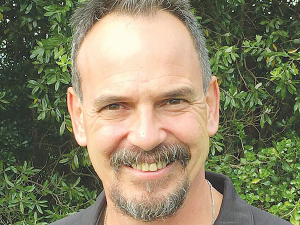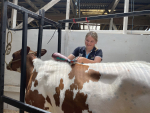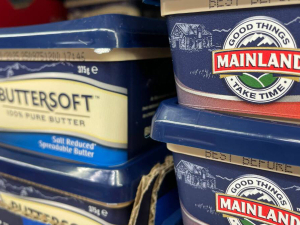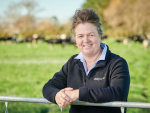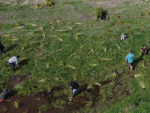OPINION: Good production is 50% feeding and 50% breeding.
I have lost count of how often I have heard people say ‘production is a result of 90% feeding and 10% breeding’.
You can feed a poorly producing cow as much feed as you like and yes, her production will go up, but by how much and is it economically sustainable? But if you feed more to an animal with poor conformation, will the feed fix her conformation? I think not.
Feed will not fix high pin bones, sickle hocks, narrow pins and cow hocks – all essential attributes for a wide, well attached udder that will last. Pins also obviously have an impact on calving ease.
Feed won’t fix frailty and capacity, poor feet and legs, narrow chest and muzzle, etc – again critical to enable her to walk the distances Kiwi cows must walk each day and consume enough feed for maintenance, production and reproduction.
Don’t get me wrong, feeding is an essential part of all stock farming and particularly in the dairy industry where we put a lot of pressure on the animals to produce and reproduce at high levels.
Interestingly, adherence to the 90% feeding notion isn’t evident in the large number of R2s which come into the national herd each year undergrown and the number of cows put forward for mating in poor condition.
On the breeding side of things, New Zealand dairy farmers have been ‘educated’ into believing that the current index system will fix anything and everything. Unfortunately, positive conformation traits have often not been the strong suit of many of the dairy sires you see topping the RAS list and used heavily over the national herd and as sires of sons.
The philosophy behind the index (BW) is that the smaller and lighter a cow is, the more efficiently she will convert feed into milk solids but this has brought its own set of issues – some of which are outlined above.
Difficult calvings from tail-off bulls are becoming an issue on many farms with farmers questioning the size or breed of the bulls when, maybe, they should be questioning the phenotypical make-up of the cows which tend to be tail-enders, ie narrow high pins and lack of capacity, etc.
Fortunately, there is help out there, as there are plenty of bulls world-wide (and a few here) that can fix these issues and be extremely profitable even if they rank negatively in the current index system.
Global genetics companies have been concentrating and focusing on producing bulls that suit our grazing industry and producing highly efficient fertile cows that last.
In closing, 90% feeding and 10% genetics is an over-worn saying which has no relevance in the environment we are all faced with. I’d suggest a more accurate yardstick is 50% feeding and 50% breeding.
• Will Blakeway is a breeding consultant with World Wide Sires





